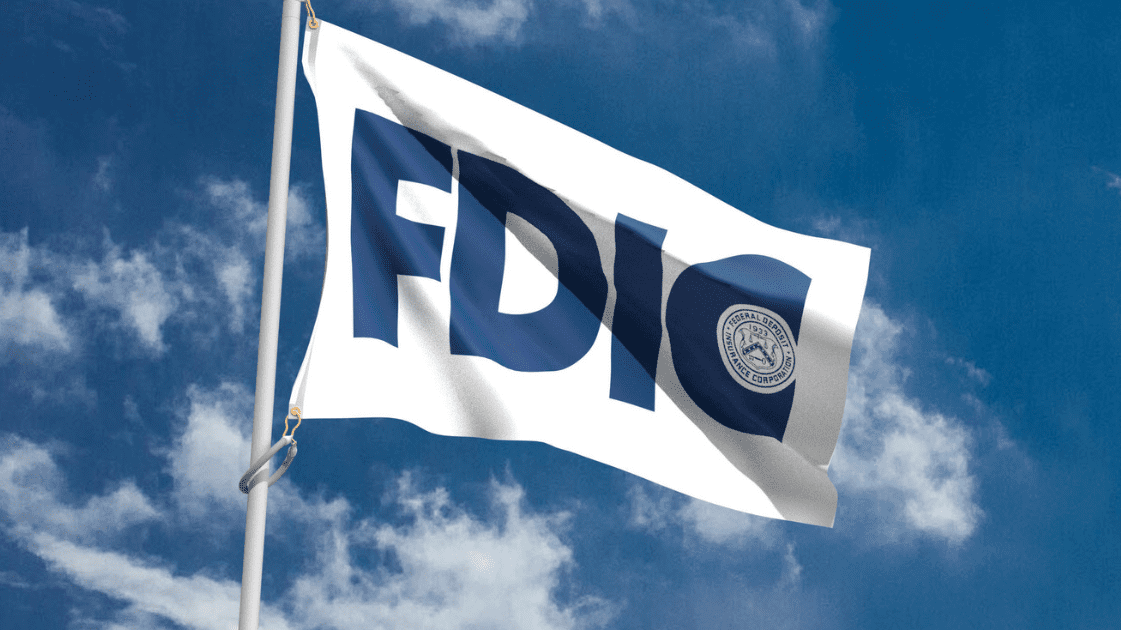While bankers can’t control their customers’ actions, clients do rely heavily on their bankers’ expertise. A well-timed warning about data security or a quick tip on spotting fraud can do more than prevent disaster—it can turn a casual relationship into a lasting partnership. Bank clients acting under the advisement of their bankers may not be eager to assess the status of their retirement savings in this current downturn; however, doing so may be worth facing the stark reality in the name of overall protection.
The Mysterious ‘Jennifer Smith’
When Craig McCann—a financial economist and president of Securities Litigation and Consulting Group, McLean, Va.—opened his latest retirement account statement, he discovered something unsettling. His Individual Retirement Account (IRA), held with U.S. Bancorp Investments, listed a total stranger as primary beneficiary: Jennifer Smith.” “I don’t know anyone named Jennifer Smith,” McCann reported. “This was a complete surprise.”
McCann, formerly with the U.S. Securities and Exchange Commission and a long-time advocate for investor protection, immediately notified the bank of the suspicious designation. Within days, U.S. Bancorp corrected the error and removed the unknown beneficiary.
But what followed raised more questions than it answered: The bank did not provide a clear explanation as to how the change occurred.
“This wasn’t just a clerical error,” McCann insisted. “Somehow, someone accessed my account and changed the beneficiary designation—and I wasn’t notified.”
Though U.S. Bancorp reportedly told McCann it believed the issue was isolated and corrected, it’s unclear whether the incident sprang from internal error, social engineering, or potential bank fraud.
Financial institutions typically notify account holders when major changes, like updating a beneficiary, are made. In McCann’s case, no such notification was issued, nor was he required to approve the alteration. That lack of verification presents a troubling loophole, especially since beneficiary designations override wills and other estate planning documents.
“If I had died and this hadn’t been corrected,” McCann said, “the money in my IRA would have gone to a total stranger.”
Draining Retirement Savings
The threat of IRA hijacking is not unique to the U.S. The London Times, for example, reports that Colin Chudley, a retiree from Bristol, England, fell victim to a complex bank ruse that gutted his retirement savings.
Fraudsters impersonated legitimate companies and exploited Colin’s prior investments, convincing him to make 95 payments over six months. Despite the substantial and frequent transfers, his bank failed to detect the fraudulent activity promptly.
Chudley realized what had happened and reported the theft, but as chronicled in the Academy of Life Planning blog, the criminals doggedly targeted him. He received letters from fake debt collectors who threatened court action and asset seizure.
The toll this incident took was severe. As it lingered, Chudley became sullen, guilt-ridden, and convinced that he had inadvertently failed his family.
This case highlights the sophisticated tactics employed by scammers and the critical need for financial institutions to have robust fraud detection systems in place.
Review Your IRA Beneficiaries to Prevent Unintended Heirs
Beneficiary designations on financial accounts, including IRAs and life insurance policies, typically supersede asset distributions outlined in wills, notes Ascensus, an independent record-keeping service provider from Dresher, Pa.
In light of that prioritization, Ascensus offers a compelling reminder that bankers can pass on to appropriate customers: It’s crucial for individuals to routinely verify and update their beneficiary information, particularly after significant life events such as marriage, divorce, or the birth of a child. Neglecting this can lead to unintended individuals inheriting assets, as seen in this case.
Bankers’ Advantage in Offering Security Tips
CBS News has offered several other best practice habits that financial services professionals can recommend to the general public. They can save customers from disaster and burnish the reputation of the bank professional who, even off-handedly, mentions the tips:
- Regularly Review Account Details: Ensure all beneficiary information is current and accurate.
- Secure Personal Information: Suggest that clients avoid sharing sensitive data that could be used to access or alter their financial accounts.
- Report Suspicious Activity: If a client suspects unauthorized changes or fraudulent activity, they should report it immediately to their financial institution and the Federal Trade Commission.
Incidents of IRA beneficiary hijacking serve as a stark reminder that personal financial monitoring, as recommended by an in-the-know banker, can ensure that customers’ long-term savings are distributed according to their wishes.



















